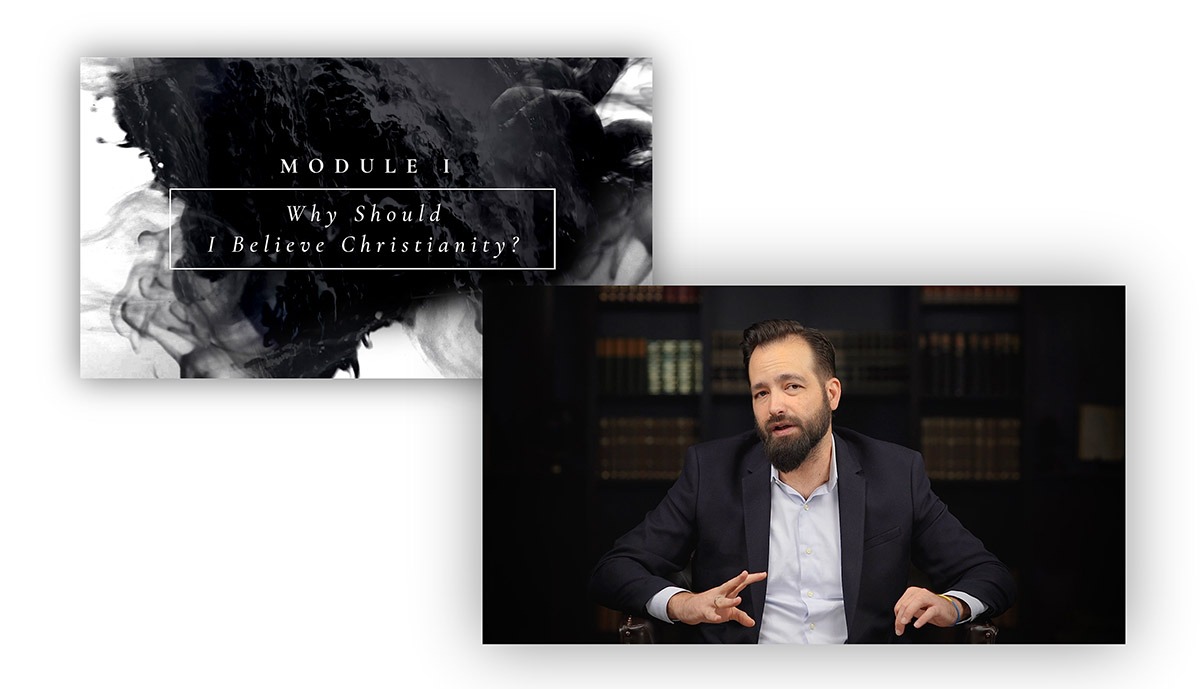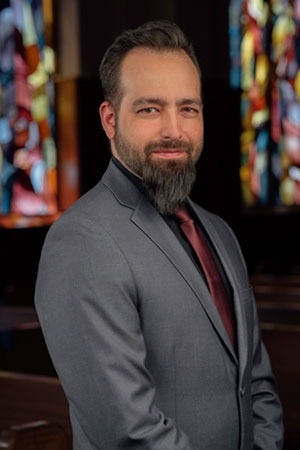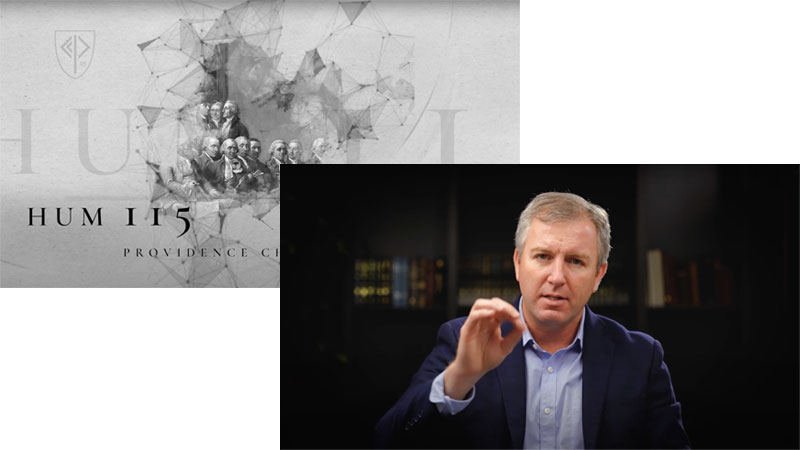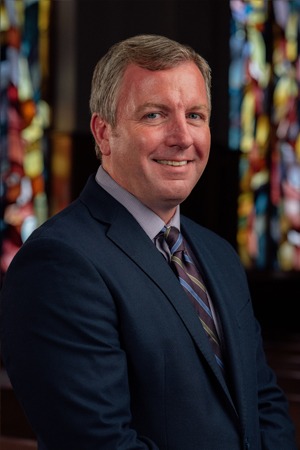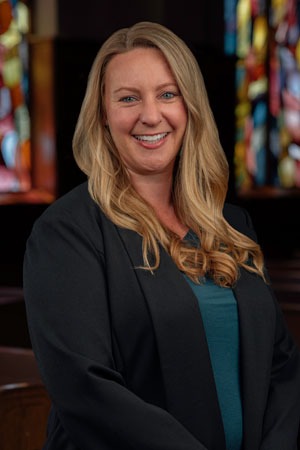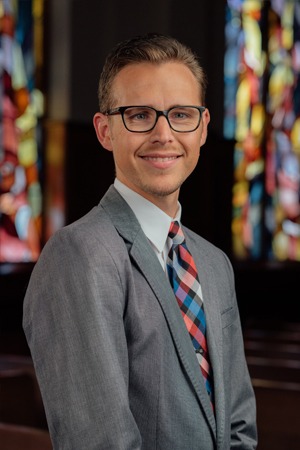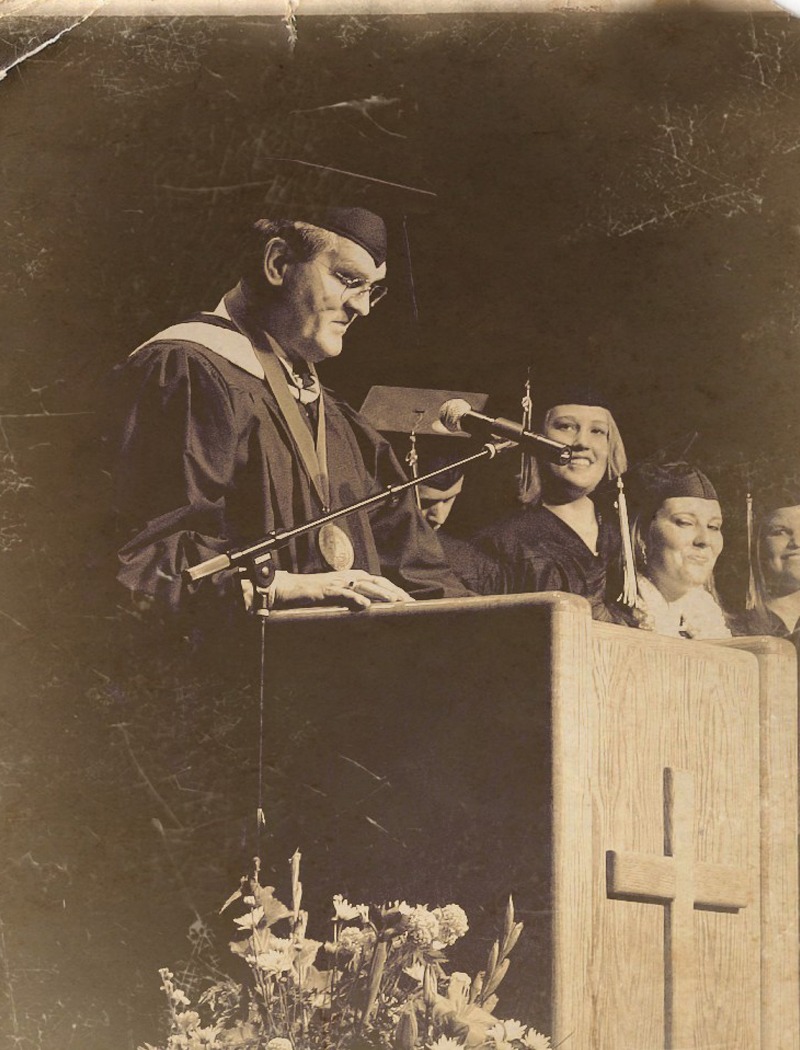Transferring Credits
Official transcripts from a regionally accredited institution are required for Providence to fully evaluate credits earned for possible transfer. In general, these policies apply:
-
- Academic credit from regionally accredited institutions will be accepted IF final grades are a C or better.
- In a sequence of inter-related courses, if the first course is passed with a grade below C a but the second grade is C or higher, both courses will be accepted.
- While credits may be accepted toward overall credit requirements, the extent to which transfer credits fulfill specific major or program requirements will depend on the courses taken and their applicability to PCC’s requirements.
Courses may be transferred in to PCC in one or more of these ways:
-
- As a course equal to a course at Providence (e.g., Introduction to College Writing = Composition I: Writing & Research)
- As a Core requirement equivalent (not necessarily a course-to-course equivalent)
- As an elective course
Courses Receiving No Credit
Providence Christian College reserves the right to deny credit for courses that are not compatible with those offered in its undergraduate degree program. Some general categories of courses never receive transfer credit-or, in some instances, receive credit on a case-by-case basis. Examples of courses that receive no credit include:
-
- Courses in which a C- or lower was obtained.
- Courses considered below college level (usually numbered below 100).
- Intercollegiate athletic courses in any athletic sport.
- Physical education activity courses after the max limit of 4 transferable has been reached.
- Repeated courses or courses with duplicate subject content.
- Mathematics courses considered below college level, such as basic math and beginning and intermediate algebra.
- Remedial English (e.g., reading, vocabulary development, grammar, speed reading, or any courses that are preparatory to an institution’s first Freshman Composition course).
- Non-academic/vocational-technical courses.
- Courses providing instruction in English as a Second Language.
- Remedial courses in any academic discipline.
- Courses offered for non-credit and/or audited for no grade.
- Courses taken as a Pass/Fail, even if the course was Passed (P).
- Coursework earned at an institution that did not hold at least candidacy status with its regional accrediting association when the coursework was taken.
Below is more information about specific transfer credit policy for the college/university type you are transferring from.
Transferring from a Community College
You can transfer a maximum of 64 credits from an accredited community college. Transfer credit will normally be awarded for work completed in accredited institutions within the last ten years.
NOTE: High transcripts and SAT/ACT scores are required for students who have completed less than 2 years or 48 college credits.
Grades do not transfer – only credits of credit. A student’s grade-point average is computed for graduation purposes only on work completed at Providence.
The number of credits does not change in the transfer. For example, if a course is 3 credits at the other school and the equivalent at Providence is 4, the course will transfer as 3 credits.
If the other school is on a quarter calendar instead of semester, the quarter credit hours will be converted to semester credits. Quarter credits are converted to semester credits by reducing the quarter credits by one-third. Such a reduction does not mean loss of credit.
IMPORTANT: All students must complete their last year in residence and at least twelve (12) upper division hours in the concentration to graduate from Providence.
Transfer courses must be 100-level or higher (or equivalent) and a course grade of C or better must be achieved to be considered for transfer; remedial and developmental courses do not transfer. Math courses must be college algebra or higher; pre-algebra and lower courses do not transfer. Courses may not transfer for several reasons: repeat of work already taken, low grades (“C-” or lower), technical or vocational courses, remedial courses, etc.
See ‘Courses Receiving No Credit’ below for courses that are not transferrable. Please contact us at registrar@providencecc.edu for additional questions about this policy.
Transferring from a Christian College/University
You can transfer a maximum of 72 credits from an accredited Christian college/university Transfer credit will normally be awarded for work completed in accredited institutions within the last ten years.
NOTE: High transcripts and SAT/ACT scores are required for students who have completed less than 2 years or 48 college credits.
Grades do not transfer – only credits of credit. A student’s grade-point average is computed for graduation purposes only on work completed at Providence.
The number of credits does not change in the transfer. For example, if a course is 3 credits at the other school and the equivalent at Providence is 4, the course will transfer as 3 credits.
If the other school is on a quarter calendar instead of semester, the quarter credit hours will be converted to semester credits. Quarter credits are converted to semester credits by reducing the quarter credits by one-third. Such a reduction does not mean loss of credit.
IMPORTANT: All students must complete their last year in residence and at least twelve (12) upper division hours in the concentration to graduate from Providence.
Transfer courses must be 100-level or higher (or equivalent) and a course grade of C or better must be achieved to be considered for transfer; remedial and developmental courses do not transfer. Math courses must be college algebra or higher; pre-algebra and lower courses do not transfer. Courses may not transfer for several reasons: repeat of work already taken, low grades (“C-” or lower), technical or vocational courses, remedial courses, etc.
See ‘Courses Receiving No Credit’ below for courses that are not transferable. Please contact us at registrar@providencecc.edu for additional questions about this policy.
Transferring from a Public College/University
You can transfer a maximum of 72 credits from an accredited public college/university. Transfer credit will normally be awarded for work completed in accredited institutions within the last ten years.
NOTE: High transcripts and SAT/ACT scores are required for students who have completed less than 2 years or 48 college credits.
Grades do not transfer – only credits of credit. A student’s grade-point average is computed for graduation purposes only on work completed at Providence.
The number of credits does not change in the transfer. For example, if a course is 3 credits at the other school and the equivalent at Providence is 4, the course will transfer as 3 credits.
If the other school is on a quarter calendar instead of semester, the quarter credit hours will be converted to semester credits. Quarter credits are converted to semester credits by reducing the quarter credits by one-third. Such a reduction does not mean loss of credit.
IMPORTANT: All students must complete their last year in residence and at least twelve (12) upper division hours in the concentration/major to graduate from Providence.
Generally, transfer courses must be 100-level or higher (or equivalent) and a course grade of C or better must be achieved to be considered for transfer; remedial and developmental courses do not transfer. Math courses must be college algebra or higher; pre-algebra and lower courses do not transfer. Courses may not transfer for several reasons: repeat of work already taken, low grades (“C-” or lower), technical or vocational courses, remedial courses, etc.
See ‘Courses Receiving No Credit’ below for courses that are not transferrable. Please contact us at registrar@providencecc.edu for additional questions about this policy.
Transferring from a International College/University
For Providence to consider accepting transfer credits from foreign institutions, students MUST have their post-secondary academic transcripts evaluated by an official foreign-credential evaluation service. Students are responsible for the credential evaluation and translation fees. A list of credential-evaluation services can be found at www.edupass.org.
Please contact an admissions counselor admissions@providencecc.edu to gain further information about the steps required to apply and enroll at Providence.
